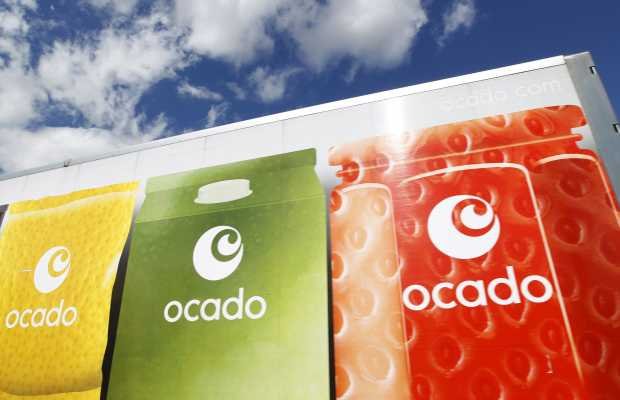Banks, inflation, recession, gold AND Ocado: Five lessons the markets taught us this week

It’s spring. The days are longer, the sun is shining, and fears about the imminent implosion of the global financial system are fading, for now anyway.
Markets appeared to calm down after several weeks of banking-related aftershocks and both the FTSE 100 and FTSE 250 were on course to end the week on a positive note.
So what did we learn from the markets this week?
One: Bank from the dead?
Back in 1964, American crooner Tom Lehrer penned the song “Who’s Next?” after communist China exploded its first atomic bomb. Investors had spent the week after the arranged marriage of Credit Suisse and UBS singing from Lehrer’s hymn sheet, pointing fingers at Deutsche Bank in particular. But banking stocks have treaded water well enough in the past few days, with financial institutions across the continent ending the week in the green. UBS rose as much as eleven per cent, clawing back its losses following the acquisition of Credit Suisse. The likes of Bank of England governor Andrew Bailey publicly insisting that today is not like 2008 appear to have had a soothing affect.
Two: Signs of life in the real life economy, too…
H&M shares soared off the back of sales rising by twelve per cent during the three months ending 28 February. But Next shares sank as it warned off a “difficult” year ahead with inflation raising costs, but first quarter sales were still up 8.4 per cent on this time last year. Healthy sales figures like these suggest that consumers are still confident, with the UK and Europe far from being in a recession.
Three: Commercial property appeared ok for now
British Land and Land Securities are two FTSE 100 stocks that give a good view on investor sentiment towards the UK economy because both companies make a lot of money from commercial property including shops and offices. That means they do well when the broader economy does, and they do badly when the broader economy does. Good news, then, that both pared back earlier losses in March to end the week up 6.6. and 6.1 per cent respectively.
Four: All that glitters may not be gold
Gold has been a safe haven for millennia, with traders flocking to it when times look tough. Prices peak when economies bottom out, or when people are nervous that they are about to. So it will come as some relief to fans of economic stability that gold prices are expected to bottom out. The precious metal is nevertheless looking expensive, at $1,981 at the time of writing, meaning the markets have not fully relaxed just yet. Bart Melek, head of commodity Strategies at TD Securities, said gold’s buoyant price was also partly a result of “continued expectations that rates in the U.S. will top out”. Lower rates drag on the dollar, a competitor to gold in the safe haven stakes.
Five: Logistics, logistics, logistics
Online food delivery company Ocado has been the FTSE 100’s love hate fixation. This week it helped lead the blue child index higher after its latest set of results, up 18.3 per cent on the start of the week. Retail revenue grew only slightly by 3.4 per cent, but investors were encouraged by Ocado’s “customer fulfilment centres” which make money by delivering other retailers’ goods. These centres are “far more important to the long term valuation of Ocado”, said Chris Beckett, Head of Equity Research at Quilter Cheviot. Why stick to retail when you can be in delivery, too?